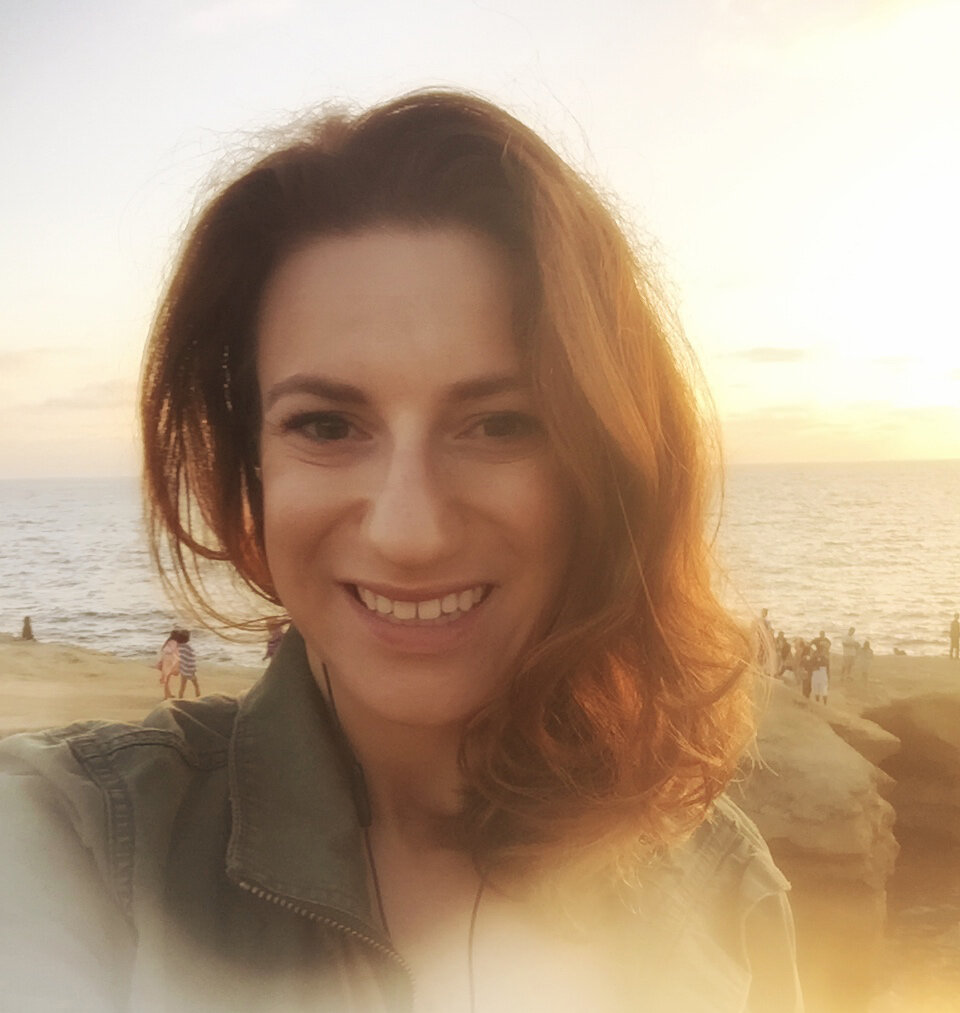Workshop 2: Embodied AI & Ableism
Registration deadline: 19 October 2021, any time on Earth
Workshop date: 20 October 2021, 14:00 - 17:30 (CET)
Location: TU/e campus, Vertigo building, room 5.07 and online
In this hybrid workshop, we are going to learn more about ableism in embodied AI. We have two great keynote speakers who will provide their unique vision on the workshop’s theme. In the workshop, we will use methods from critical design to 1) create a hands-on understanding of our current practices and narrative 2) compile a concrete, desirable future scenario, providing practical pointers to implement design processes with diversity, equity, and inclusion in mind.
REGISTER HERE
Program
14:00 Welcome
14:15 Keynote and Q&A: Kristen Parisi
15:00 Our ways of working in Embodied AI: how we treat ableism now
15:45 Break
16:00 Keynote and Q&A: Simon Dogger
16:45 Our ways of working in Embodied AI: desirable futures for embodied AI
17:30 Outro and drinks
State of the world. Ableism can be defined as discrimination against disabled people in favor of non-disabled people. Notions of ableism in embodied AI are intertwined with how we see 'bodies'. Whether it be bodies as represented in design of social robots, or bodies to which AI systems refer to, or are trained on in general; they nearly always refer to 'fully abled bodies'. However, what should be defined as 'abled bodies' is up for discussion as there are as many bodies as there are people, all with different historicity and lived experiences.
In ableist thinking there is a tendency to think in terms of curing or fixing disabilities, a view which makes disability an individual issue, with the disabled person being solely responsible. Studying, questioning, and designing embodied AI systems with from a Diversity, Equity, and Inclusion perspective requires moving away from ableist notions of curing or fixing disability, to ways of thinking that do justice to the diversity of bodies. Close collaboration with communities and individuals that identify as disabled persons is key here.
What is the workshop about? In this half-a-day workshop, we are going to learn more about ableism in embodied AI, together with experts, practitioners, colleagues, and societal stakeholders. We will use methods from critical design to 1) create a hands-on understanding of our current practices and narrative 2) compile a concrete, desirable future scenario, providing practical pointers to implement design processes with diversity, equity, and inclusion in mind.
Outcomes. We will co-shape future scenarios of DEI practices that are tangible and will help us in our everyday practices. Outcomes might be compiled in an academic publication and in a zine magazine.
Kristen Parisi, Disability Representation Expert & Writer
Kristen is an award-winning disability expert and writer based in Washington, DC. She spent the last decade working executing tech campaigns, from machine learning software to smartphones. In 2014, Kristen shifted focus to disability representation in media, hoping to examine the origins of her internalized ableism. In addition to Kristen's current role as a writer at a consulting firm, she is a fierce advocate for disability inclusion in newsrooms. A paraplegic since age five, Kristen hopes non-disabled people can recognize their unconscious ableism and change the way they view and interact with disabled peers.
http://kristenparisi.net
Simon Dogger, inventive, inclusive design
Simon Dogger is a designer with a whole new point of view. He graduated the Design Academy Eindhoven as a blind designer, with an ability to listen and feel, and a strong drive to regain his independence. Not seeing himself as limited, but as someone who takes in information differently, he sets out to explore more inclusive forms of communication. His concepts and designs combine visual, auditory and sensory means to improve the quality of life. Not only for the visually impaired, but for all people who could benefit from self-empowering, intuitive tools that help them connect with others and their surroundings.
https://www.simondogger.nl


